Synthetic and Systems Approaches to Interrogate Spatiotemporal Processes in Cancer (May 20 Speakers)
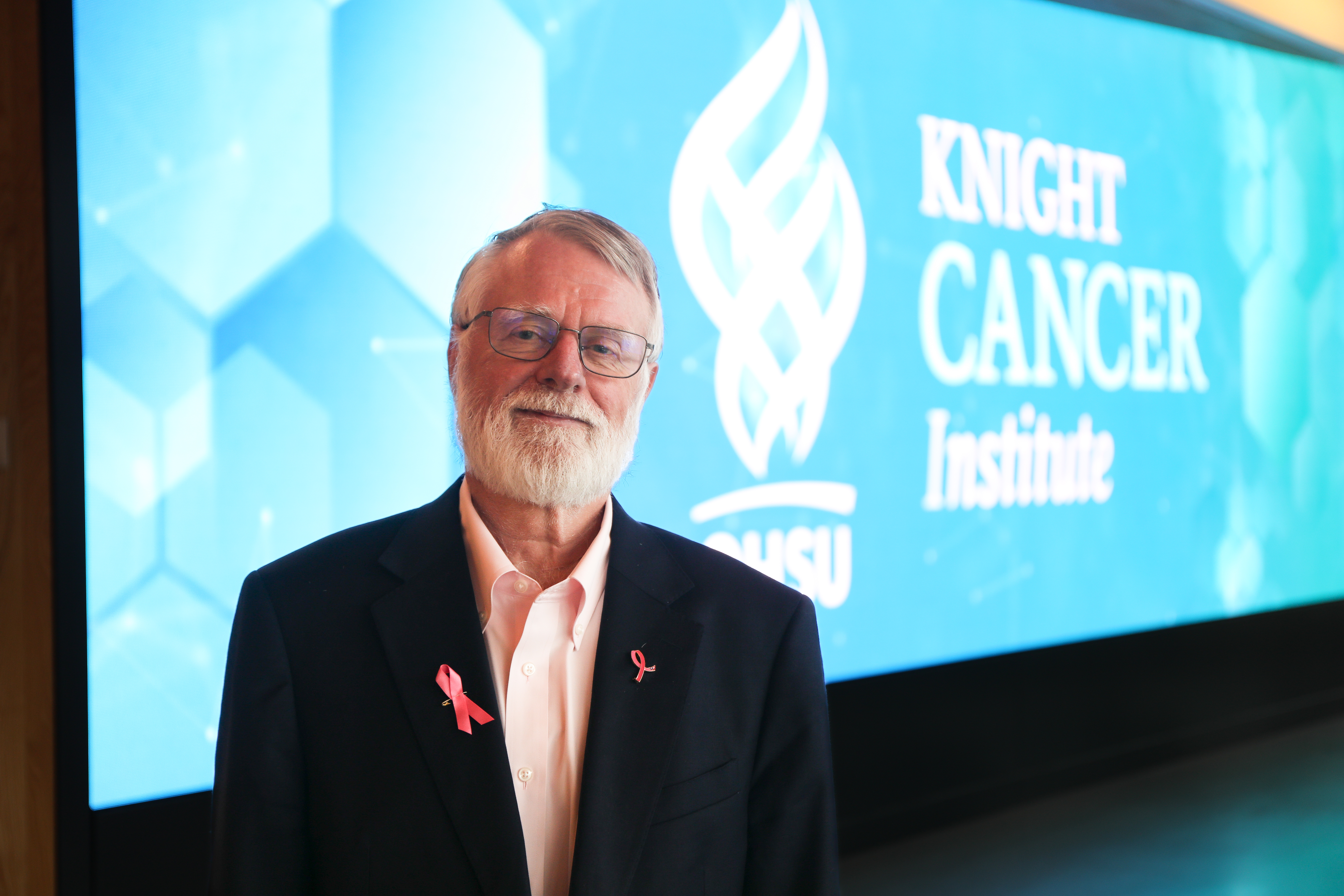
Keynote Speaker: Gordon Mills
Oregon Health and Science University
https://www.ohsu.edu/school-of-medicine/mills-lab
Dr. Gordon B. Mills earned his M.D. and Ph.D. in biochemistry and completed his training in Obstetrics and Gynecology at the University of Alberta. Prior to moving to OHSU, Dr. Mills was at the MD Anderson Cancer Center, the number one ranked Cancer Center in the United States. He fulfilled multiple roles including founding chair of the Department of Systems Biology, co-Director of the Sheikh Zayed bin Sultan Al Nahyan Institute for Personalized Cancer Therapy co-Director of the Kleberg Center for Molecular Markers and held the Olga Keith Wiess Distinguished University Chair for Cancer Research at the MD Anderson Cancer Center. At the OHSU Knight Cancer Institute, Dr. Mills is Director of Precision Oncology and SMMART trials.
Meeting Co-Chair: Laura Heiser
Oregon Health & Science University
https://www.ohsu.edu/school-of-medicine/heiser-lab
Dr. Laura Heiser is Associate Professor and Vice Chair of the Department of Biomedical Engineering at Oregon Health & Science University, Associate Director of Complex Systems Modeling at the Knight Cancer Institute Cancer Early Detection Advanced Research Center, and Co-Leader of the Knight Cancer Institute Quantitative Oncology Program. Her laboratory is focused on understanding the phenotypic and molecular responses of cancer and normal cells to diverse stimuli, with a particular interest in elucidating mechanisms of therapeutic response and resistance in cancer. Dr. Heiser has served as co-PI on an NHGRI U54 LINCS Center grant designed to interrogate the influence of microenvironmental factors on diverse epithelial cell types and as PI on an NCI U54 Cancer Systems Biology Consortium Center grant, focused on understanding the role of microenvironmental signals in modulating cell state heterogeneity and therapeutic response. She has had leadership roles in the development of international DREAM challenges and led a multi-center LINCS Common Project designed to deeply profile the dynamic molecular and phenotypic responses of mammary epithelial cells to diverse microenvironmental factors. She was inducted into the 2025 class of the American Institute for Medical and Biological Engineering (AIMBE) College of Fellows.

Meeting Co-Chair: Ajit Nirmal
Harvard University
https://nirmallab.com/
Dr. Ajit Johnson Nirmal is a Faculty at Harvard Medical School and Brigham and Women's Hospital. His research is focused on investigating the role of the tumor microenvironment on tumor progression and drug resistance. Dr. Nirmal utilizes spatial omics techniques and computational analysis to integrate large datasets to decipher the regulatory networks contributing to cancer development and drug resistance. Ultimately, he aims to establish personalized medicine frameworks that can provide clinically relevant therapeutic strategies tailored to individual patients.
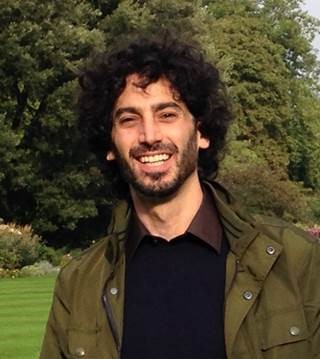
Brian Brown
Mount Sinai Medical Center
https://www.thebrownlab.org/
Dr. Brian Brown is an immunologist and biotechnologist. His research is focused on understanding how tissues and tumors control immune responses and developing new treatments for cancer. Work from his lab has led to insights into how cancers control their microenvironment and resist immunotherapy. He has also developed a number of technologies, including vector targeting strategies that led to improvements in experimental treatments for genetic disease and cancer. He has also developed novel genomics technologies such as Perturb-map which enables single cell and spatial resolution of CRISPR screens. Dr. Brown is the Director of the Icahn Genomics Institute and Vice Chair of Immunology and Immunotherapy at the Mount Sinai Medical Center.
Relevant Publication: https://pubmed.ncbi.nlm.nih.gov/39481380/
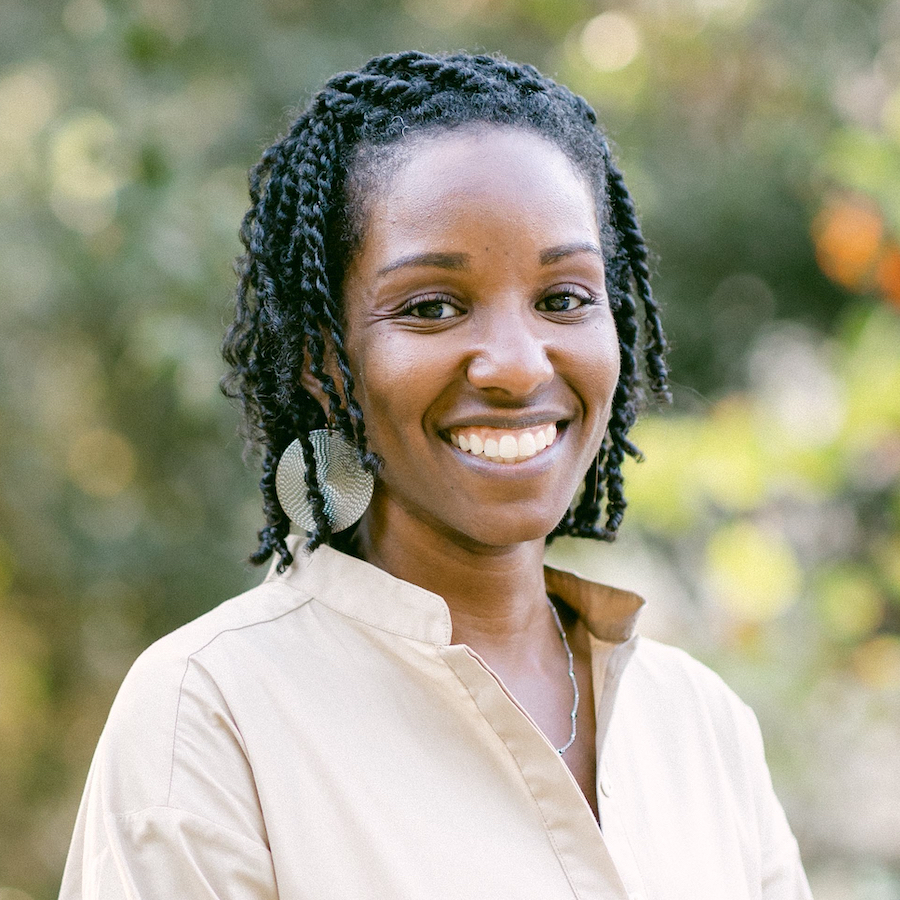
Stacey Finley
University of Southern California
https://csbl.usc.edu/
Dr. Stacey Finley is Professor of Biomedical Engineering and Quantitative & Computational Biology, at the University of Southern California and the inaugural holder of the Nicole A. and Thuan Q. Pham Professorship. Dr. Finley obtained her Ph.D. in Chemical Engineering from Northwestern University and completed postdoctoral training at Johns Hopkins University in the Department of Biomedical Engineering. Dr. Finley joined the faculty at USC in 2013, and she leads the Computational Systems Biology Laboratory. Her research group is interested in the computational aspects of systems biology, applying these tools to develop mechanistic and data-driven models of biological systems, with a focus on angiogenesis, metabolism, and immunotherapy.
Relevant Publication: https://pubmed.ncbi.nlm.nih.gov/39175956/

Karmella Haynes
Emory University
https://khayneslab.wordpress.com/
Dr. Karmella Haynes is an assistant professor in the Wallace H. Coulter Department of Biomedical Engineering at Georgia Tech School of Engineering and Emory University School of Medicine. Prior to joining Emory, Dr. Haynes was on the faculty in the School of Biological and Health Systems Engineering at Arizona State University. Her research aims to identify how the intrinsic properties of chromatin, the DNA-protein structure that packages eukaryotic genes, can be used to control cell development in tissues. Her lab investigates and designs chromatin-based systems for controlling gene expression in cancer and other cells that are relevant to human health.
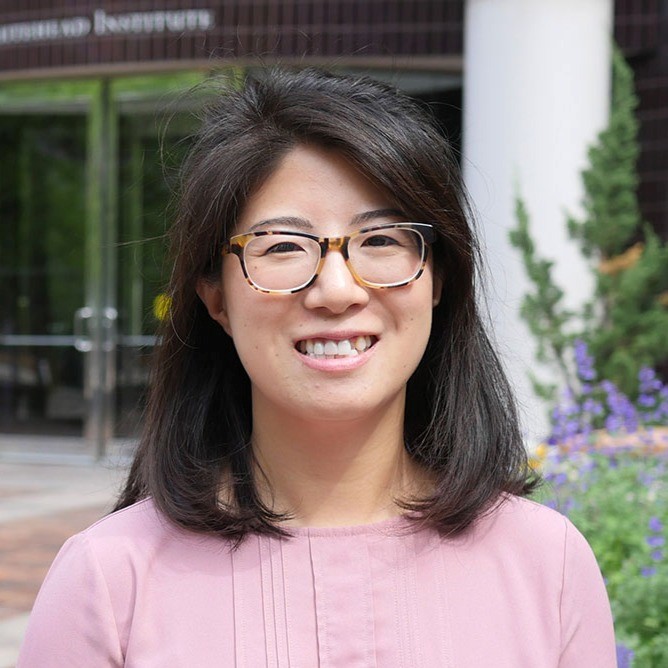
Pulin Li
Massachusetts Institute of Technology
https://lilab.wi.mit.edu/
Dr. Pulin Li earned a bachelor’s degree in life sciences from Peking University and a Ph.D. in Chemical Biology at Harvard University in the lab of Leonard Zon. She became a Whitehead Institute Member and an assistant professor of biology at Massachusetts Institute of Technology in 2019, after completing a postdoctoral fellowship with Michael B. Elowitz at California Institute of Technology. Her lab studies how circuits of interacting genes in individual cells enable cell-cell communication and multicellular functions.
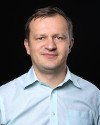
Andriy Marusyk
Moffitt Cancer Center
https://lab.moffitt.org/marusyk/
Dr. Marusyk's research focuses on development of models that allow characterization and quantification of dynamics of populations of cancers cells under base-like conditions as well as under the stress of anti-cancer therapies. Another major research effort is centered on characterization of interactions between malignant cells and tumor associated fibroblasts with the aim of developing means to overcome stromal resistance to anti-cancer therapies.
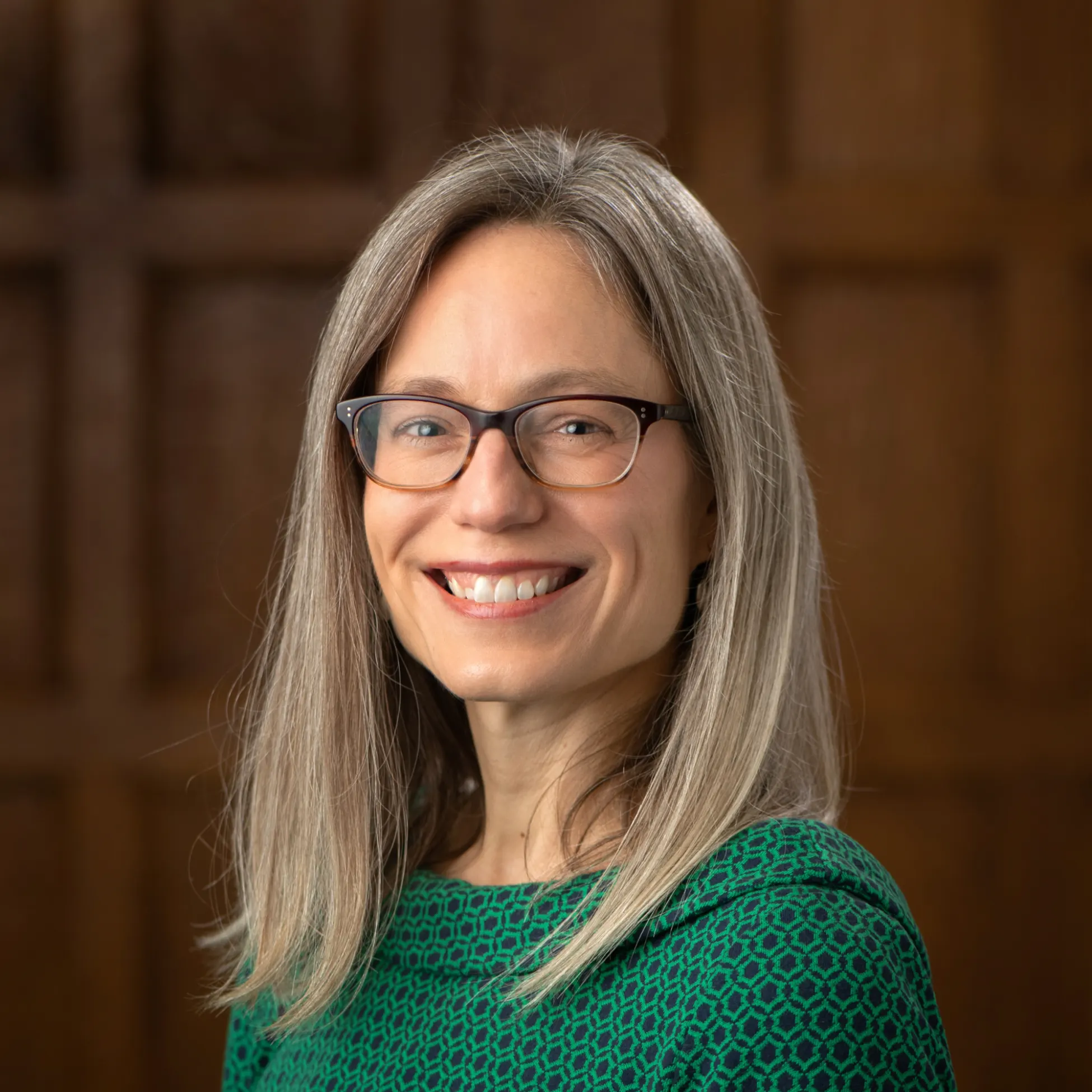
Kathryn Miller-Jensen
kathryn.miller-jensen@yale.edu
Yale
https://www.miller-jensen.org/
Dr. Miller-Jensen is an Associate Professor of Biomedical Engineering at Yale. Her laboratory studies how cell signaling pathways and cell-cell communication networks regulate immune cell behavior using tools from engineering, biology, and computer science. Before joining the faculty, she was an NIH Postdoctoral Fellow at UC Berkeley in the Schaffer laboratory. Dr. Miller-Jensen worked previously at the National Academies, Merck Pharmaceuticals, the Chinese Academy of Sciences, and Monitor Group. She received her Ph.D. in Chemical Engineering at MIT with Doug Lauffenburger. and her B.E. & B.A. degrees at Dartmouth College.
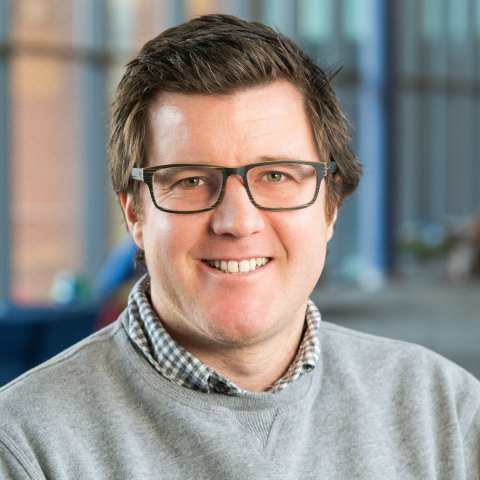
Justin Pritchard
Pennsylvania State University
https://sites.psu.edu/pritchardlab/
Justin Pritchard is an Associate Professor of Biomedical Engineering at Penn State. He received his B.S. from UCLA, and his Ph.D. from MIT. His career spans industry and academia. In industry he worked across discovery and translational sciences to work on drug discovery and development at Ariad and Takeda pharmaceuticals. After Takeda acquired Ariad he started an academic lab where he studies the evolution and control of resistance evolution using techniques from systems and synthetic biology. Using engineering design to build cell systems, then they test their ability to control and understand the way populations of cells evolve.
Relevant Publication: https://www.nature.com/articles/s41587-024-02271-7
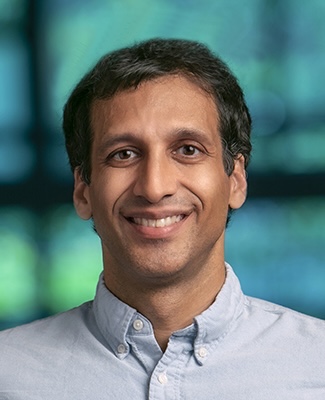
Arjun Raj
University of Pennsylvania
https://rajlab.seas.upenn.edu/
Arjun went to UC Berkeley, where he majored in math and physics, earned his PhD in math from the Courant Institute at NYU, and did his postdoctoral training at MIT before joining the faculty at Penn Bioengineering in 2010. He is currently a professor of Bioengineering and of Genetics. His research focus is on the developed experimental techniques for making highly quantitative measurements in single cells and models for linking those measurements to cellular function. His ultimate goal is to achieve a quantitative understanding of the molecular underpinnings of cellular behavior.
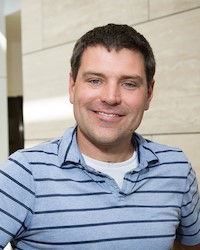
Matt Thomson
Caltech
https://spec.caltech.edu/
Matt’s research is focused on quantitative experimental and modeling approaches to gain programmatic control over cell differentiation and function. He applies mathematical modeling, machine learning, and statistical analysis to engineer and rewire cellular physiology and to synthesize new types of cells that don’t exist in nature. He also develops simplified cellular systems in which physical models can be applied to control geometry and morphology. Matt is also the PI for the Single-Cell Profiling and Engineering Center (SPEC) which brings single-cell genomic capabilities to the Caltech campus and drives new technology development.
Relevant Publication: https://www.nature.com/articles/s41551-025-01357-0
